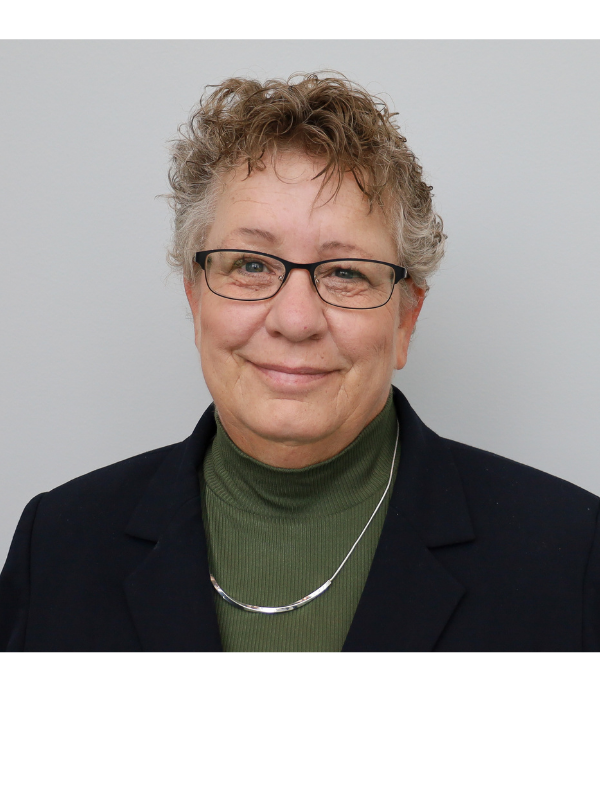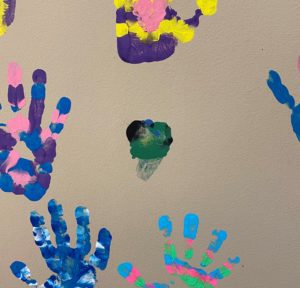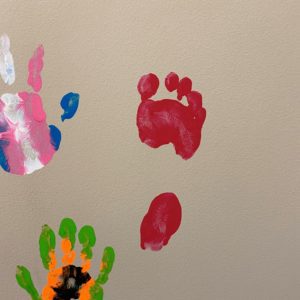Forensic Interviewing w/ Karen Blackstone
Written by CSC Intern, Grace Reinhardtsen
Karen Blackstone has been with the Children’s Safety Center for more than 24 years. Karen was a social work major and began volunteering in 1997 with her friends as a child advocate. She fell so in love with the program and the idea that the CSC could make a huge impact that she ended up setting up the internship program here just so she could intern with the CSC! Karen started as an advocate but wanted to get more involved in helping with the investigations, so she trained to become a Forensic Interviewer in 2000 and hasn’t stopped since.
The CSC has one other full-time forensic interviewer, and all child advocates are cross-trained in forensic interviewing as well!
The training to become a forensic interviewer is an intense 40-hour course called “Child First.”
What the training entails:
-
- Pre-test
- Post-test
- Conducting a real forensic interview with a child
- In-person classes
At the end of that week, the interviewer either passes or fails the course and must re-do training. Karen is one of the interviewers who leads the training course.
When asked how many interviews the center conducts each year, Karen replied with “personally, anywhere from 250-350 interviews per year,”; in 2020, over 555 interviews were conducted. There are many benefits to having these interviews at the center for both the case and the child.
“Imagine having a nightmare and waking up in another nightmare.”
That is how Karen described the experience some children have when they are taken to the police station. “It’s like going from one scary place to another scary place.” Having the interviews at the center minimizes the number of people the children have to confide in and makes the child feel more comfortable and trusting. It takes away the steps of talking to teachers, counselors, principals, DHS, police, and allows them to tell the story once and from their point of view.
“There is an art and science to forensic interviewing”
The science of forensic interviewing is the research that backs up the techniques used to conduct the interviews. Research regarding child development and knowing how to communicate with certain ages is crucial to an interview. For example, you wouldn’t ask a three-year-old for a timeline of events. This helps guide the interview. The art is something that comes naturally. It is the talent of knowing when and how to word questions.
“You can teach skills but not being good with people”
One of the most important rules to running an interview is to not make assumptions or lead the child to say something. The child will speak when they feel comfortable and ready. The interviews are tailored to the children’s ages, when a child is 10 and under, the interview only lasts between 20-25 minutes, so it is extremely difficult and precise work that these interviewers do.
Karen relayed that when she was an intern before she would go into the Center, she had a list of slang words she wrote that could be used to describe body parts and she would go over and read the list to desensitize herself to the words. When asked if it is hard for her to not show emotion, Karen said that she turns the experience into a positive and she’s grateful that the children are at the center now and getting help. She is thankful that they are now able to get the support and aid that they need and that the nightmare is over.
At the end of the interview, Karen had the opportunity to share any stories from her experience at the CSC over the years. She smiled as she pointed to two spots on her colorful wall of handprints in her office of kids that have gone through the center. The first one was a footprint of a contortionist who thought it would be unique to use her foot instead of her hand. The other was the painted print of her brother, whose arm ended before his hand, so it was just the flat end of his arm. You could see the genuine pride that Karen had when showing off these imprints through her expressions. She was beaming as she remembered the siblings that she was able to help.
Karen Blackstone is obviously very passionate about her job and takes it seriously. She realizes the gravity of child abuse and truly wants to help, and has helped so many of the children who have come through the safety center. Thank you, Karen, for all that you have done and continue to do for the Children’s Safety Center!





